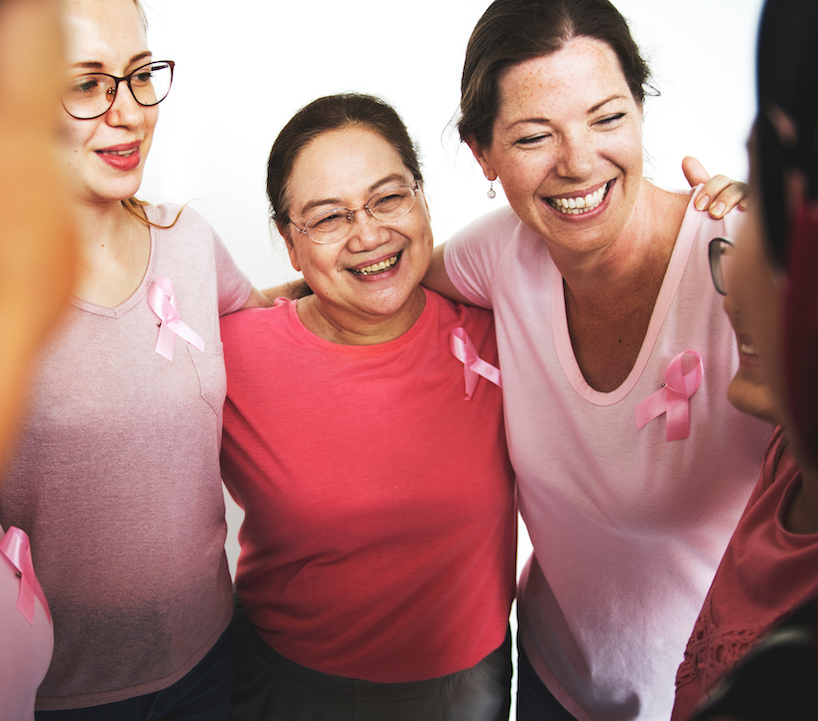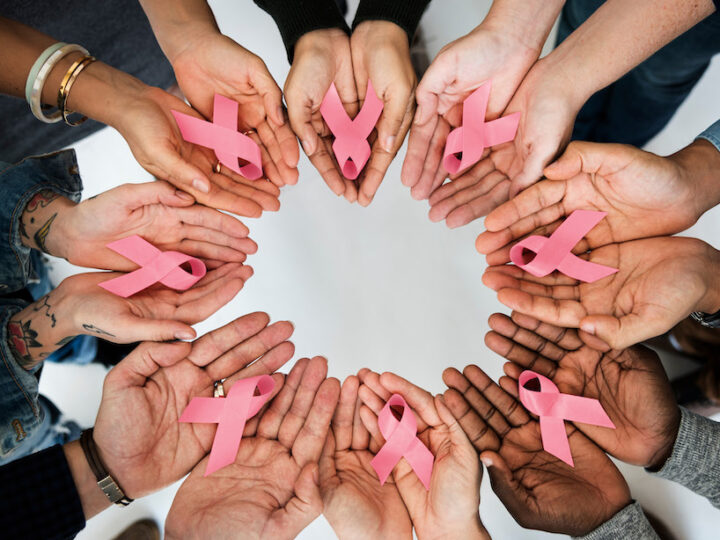
Myths and Realities: Understanding the Truth About Breast Cancer
In our world today, breast cancer touches the lives of so many people—often those close to us. It’s natural to have questions and concerns about breast cancer and what it means for you or your loved ones. However, misinformation can sometimes slip through the cracks, leaving people confused and anxious.
Let’s take a moment to clear up some common misunderstandings about breast cancer and replace myths with realities. When it comes to your health, knowledge and understanding are powerful.
Myth: Only women with a family history of breast cancer are at risk.
Reality: Most people diagnosed with breast cancer have no known family history.
While family history can increase your risk, only about 5–10% of breast cancers are believed to be hereditary.1 Whether or not you have family history, it’s important to stay proactive with your health through regular screenings and self-exams. Your health deserves attention—no matter what your family history may be.
Myth: I’m too young to worry about breast cancer.
Reality: Breast cancer risk increases with age, but young women are also affected.
While it is less common in younger women, it’s not impossible. In fact, breast cancer diagnoses in women under age 50 have risen over the past five years, rising more than 2% each year.2 Younger women tend to be diagnosed with more aggressive forms of breast cancer at later stages, which can lead to worse outcomes.
Myth: Maintaining a healthy weight, exercising regularly, and eating healthy ensures you don’t have to worry about breast cancer.
Reality: These habits can help lower breast cancer risk, but they can’t eliminate it entirely.
There are so many people who do everything “right” and still get breast cancer.1 It’s still important to manage what risk factors you can control, but even if you maintain these healthy habits and behaviors, it’s not guaranteed that you’ll never get breast cancer.
Myth: If I don’t have symptoms of breast cancer, I don’t need a mammogram.
Reality: Mammograms can detect cancer before symptoms arise.
Mammograms and other forms of breast cancer screening have saved millions of lives by detecting breast cancer as early as possible.2 Breast cancer can be present even if there aren’t any noticeable symptoms, especially in its early stages. A mammogram is more than just a test; it’s a way to take control of your health and catch any changes before they grow.
Myth: A lump is the only sign of breast cancer.
Reality: Breast cancer can present itself in multiple different ways.
Though lumps are a common sign of breast cancer, it might not cause a lump in the early stages.1 It’s essential to know what’s normal for your body and to consult a healthcare professional if you notice any unusual changes. Some common warning signs of breast cancer are a change in the look or feel of the breast or nipple, nipple discharge, and breast pain.3
Myth: When treatment is over, you’re finished with breast cancer.
Reality: Breast cancer can have a long-term impact on your life and well-being even after treatment has ended.
Oftentimes, people with breast cancer find that their friends and family expect them to move on after their treatment is complete, but they can experience long-term side effects that are both physical and emotional.1 For a lot of people, the effects of their breast cancer experience last for years, or even for life. Physical symptoms include pain and tightness, fatigue, and menopausal symptoms, while emotional side effects include anxiety and fear of recurrence.1 Many people cannot just return to normal after they are in remission.
Breast cancer is a heavy topic, but it’s important to understand its realities. Your health is the foundation of your life, so it’s crucial to be aware of your body and to stay informed. Even just spending a few moments checking in with yourself can make a huge difference in the long run.
In the face of life’s uncertainties, Critical Illness Insurance through AVMA LIFE Trust becomes a practical way to help protect yourself and your loved ones financially. It’s a commitment to help safeguard your wellbeing and ensure that, even in the toughest moments, you can focus on healing.
To find out more about Critical Illness Insurance available through AVMA LIFE—including coverage, features, costs, eligibility, renewability, limitations, and exclusions—visit our website or give us a call at (800) 621-6360.
1“Breast Cancer Myths Versus Facts.” Breastcancer.org, 11 January 2024.
2“10 Breast Cancer Myths Debunked.” Breast Cancer Research Foundation, 24 July 2024.
3“Warning Signs of Breast Cancer.” Susan G. Komen, 16 May 2024.
Underwritten by New York Life Insurance Company, New York, NY 10010 on group policy form GMR. Critical Illness Insurance is not available to residents of CA, CT, IN, MD, MN, MT, NH, NY, UT, VT, and WA.
NYL-7161734




